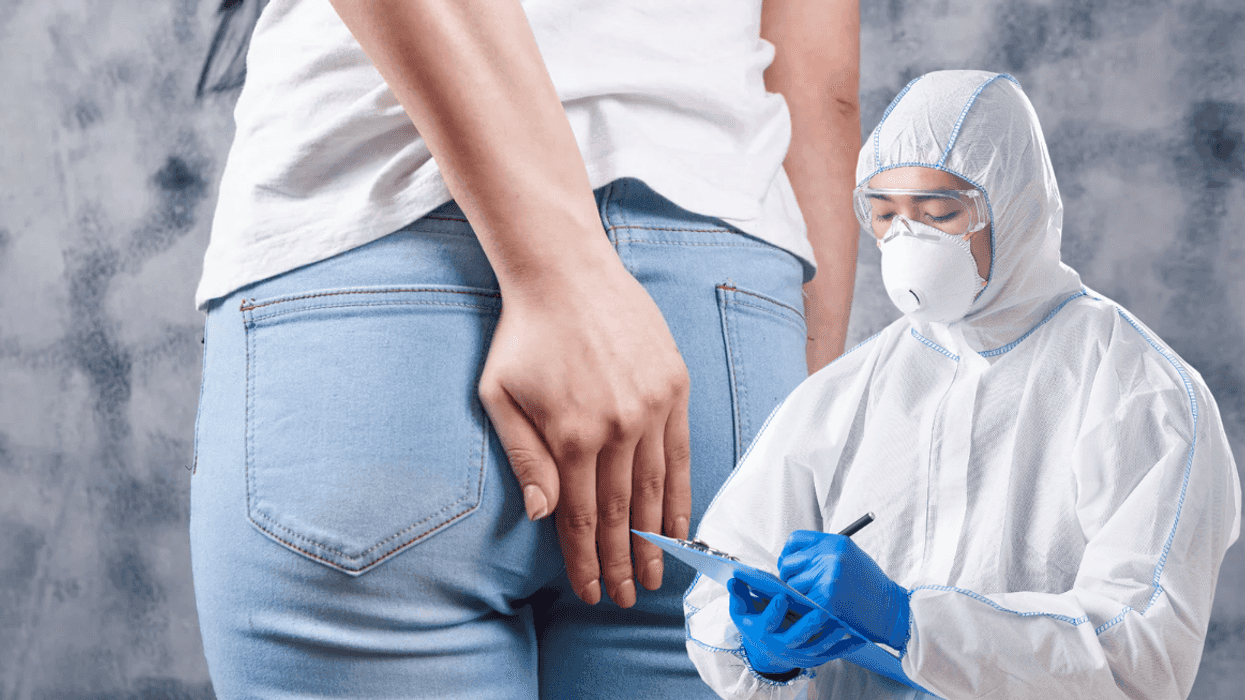Over the last 20 years, sales of full-calorie soda have dropped by more than 25 percent, and industry experts project that in two years, bottled water will eclipse soda in annual sales. Although recent attempts to enact a sales tax on soda have failed in Philadelphia, New York, and San Francisco (Berkeley, California, did pass a penny-per-ounce tax this year), the attention these political actions are getting has had a big impact on the public’s perception of super-sweet drinks. Plus, recent efforts to remove carbonated beverages in schools and in government offices have made an impact on the decline as well. Studies show that from 2004 to 2012, children consumed 79 fewer sugar-sweetened calories a day, with most of the reduction coming from a decline in soda drinking. This change in American dietary habits has put the entire carbonated beverage industry on edge.
“We’re losing, I would say, 1.5 to 2 percent of our business every year,” Harold Honickman, chairman of the Honickman Group, one of the largest soda distributors in the United States, told The New York Times. This decline in soda consumption has beverage companies scrambling. Coca-Cola has rapidly expanded its product offerings from 400 to 700 in recent years, with a new focus on bottled water, iced teas, and sports drinks. Pepsi is touting the fact that its mini cans are made with “real sugar” instead of high-fructose corn syrup.
Public health advocates are successfully turning soda into the new tobacco, a product worthy of sin taxes and stigmatization. “There will always be soda, but I think the era of it being acceptable for kids to drink soda all day long is passing,” said Marion Nestle, a professor of nutrition at York University. Diet soda sales are also on the decline with many former drinkers switching to healthier beverages due to skepticism about its artificial flavorings and sweeteners. The decrease in diet soda has directly contributed to the significant rise in bottled water sales. Now, if the public could figure out what do with the containers that hold all that water, we’d really be onto something.
(H/T The New York Times)

















 Otis knew before they did.
Otis knew before they did.